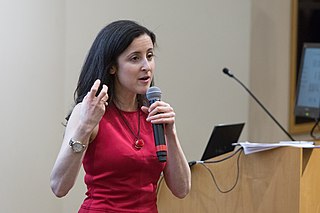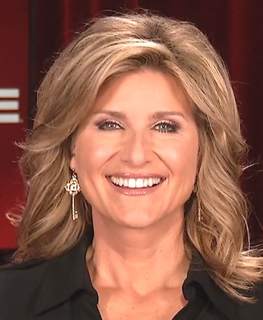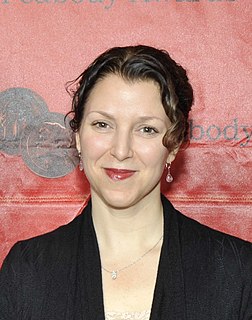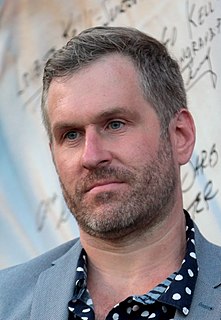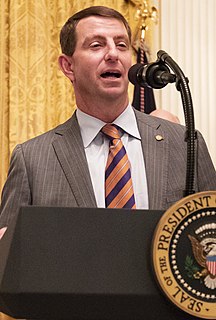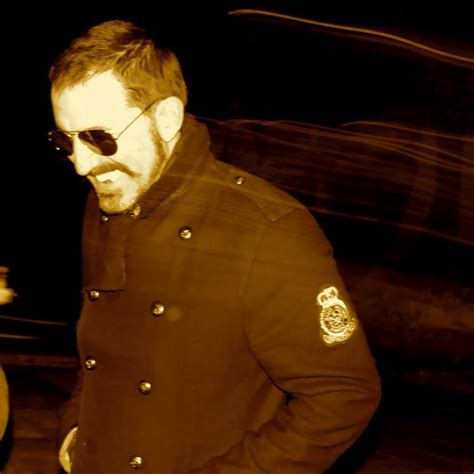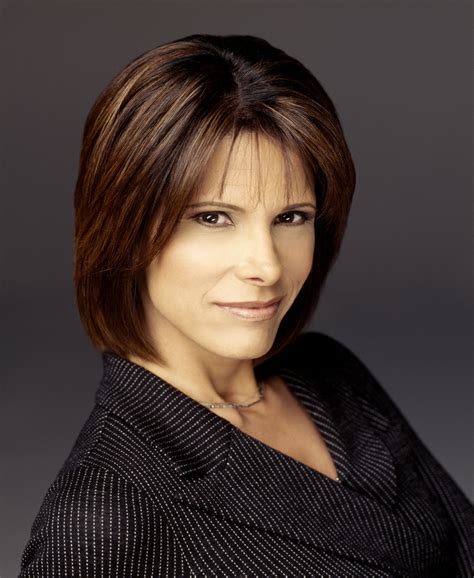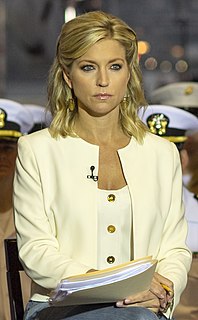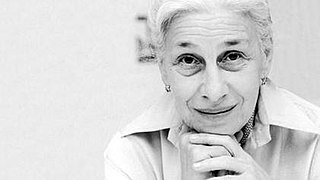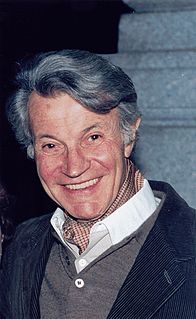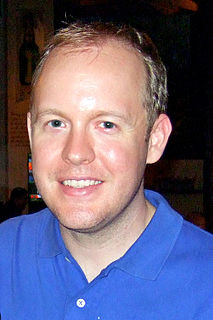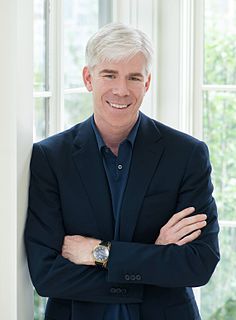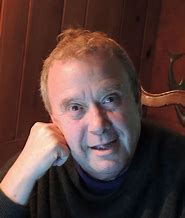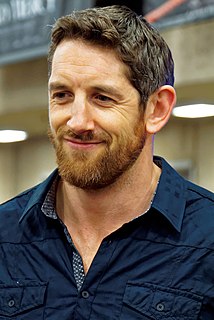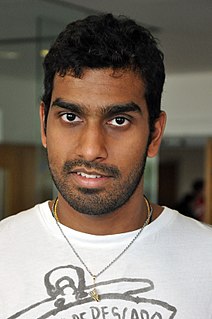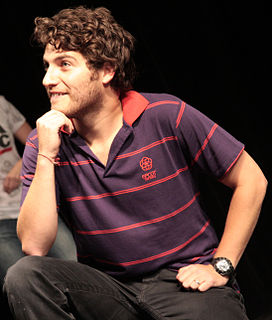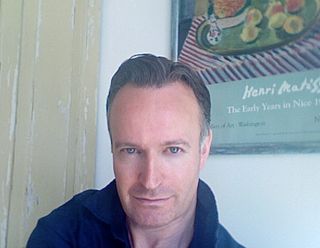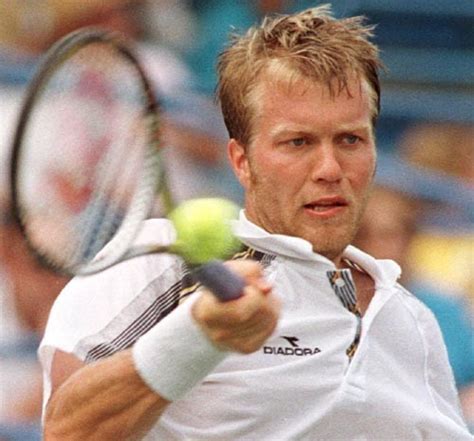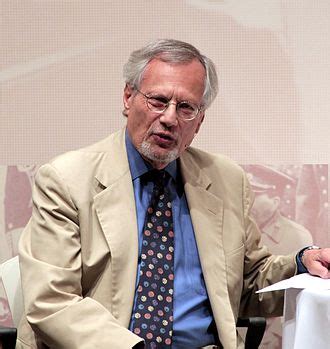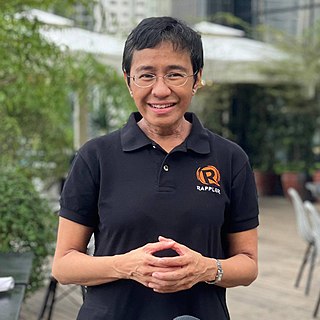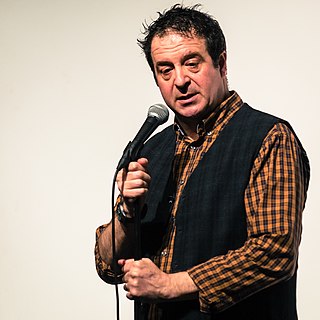Top 1200 Good Journalism Quotes & Sayings - Page 20
Explore popular Good Journalism quotes.
Last updated on April 17, 2025.
Also, and this may sound naïve, but since my early days in journalism, I've felt that getting as close as possible to truth, revealing the reality of a situation in detail, has its own persuasive power. This allows readers to look at the facts and the perspectives presented and draw informed conclusions.
I'm an essayist. And this is a genre that has existed for a few thousand years. Ever heard of Cicero? So these rules that I'm working under are not mine but rather were established by writers who recognized the difference between the hard research of journalism and the kind of inquiry of mind that characterizes the essay.
The faculty of attention has utterly vanished from the Anglo-Saxon mind, extinguished at its source by the big bayad?re of journalism, of the newspaper and the picture magazine which keeps screaming, "Look at me." Illustrations, loud simplifications... bill poster advertising ? only these stand a chance.
Since I was a graduate student, I've done a lot of journalism on the side, for The Village Voice, The Nation etc. And my greatest passion, as a reader, has always been nonfiction, with its vast, often underestimated imaginative and formal possibilities and its aura of the real. I find that combination seductive.
I couldn't just be good on the mic. I needed to be good on the mic; I needed to be good in the ring; I need to be good in my presentation; my ring attire need to look good, my appearance. Everything about me needed to be the best. I couldn't be weak in any area because you're only as good as your weakest aspect.
I think what's happening with book advances is something that most of the world just doesn't fully appreciate, especially when it comes to nonfiction, because writing a book of investigative journalism is an expensive endeavor, and the system works best if you have publishers making bets on authors.
